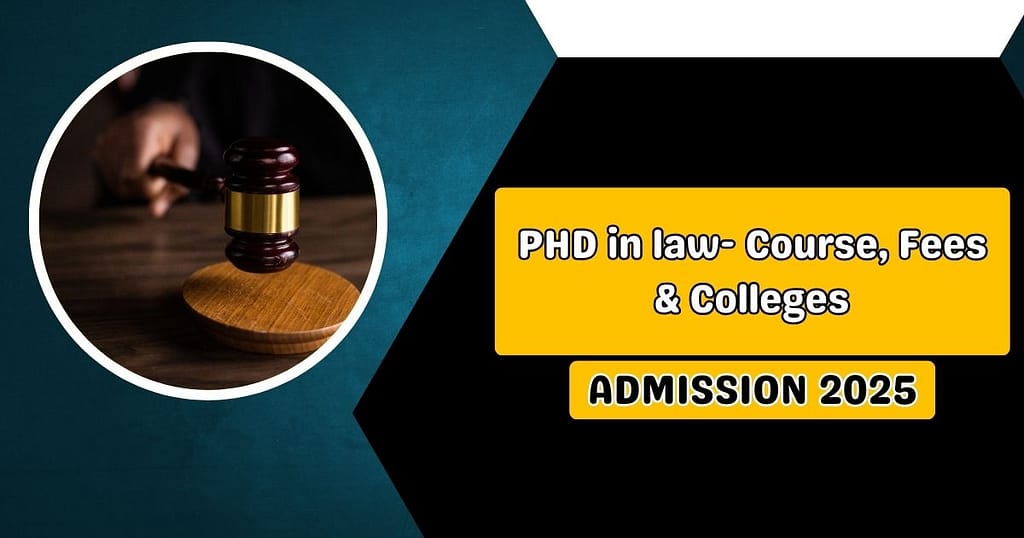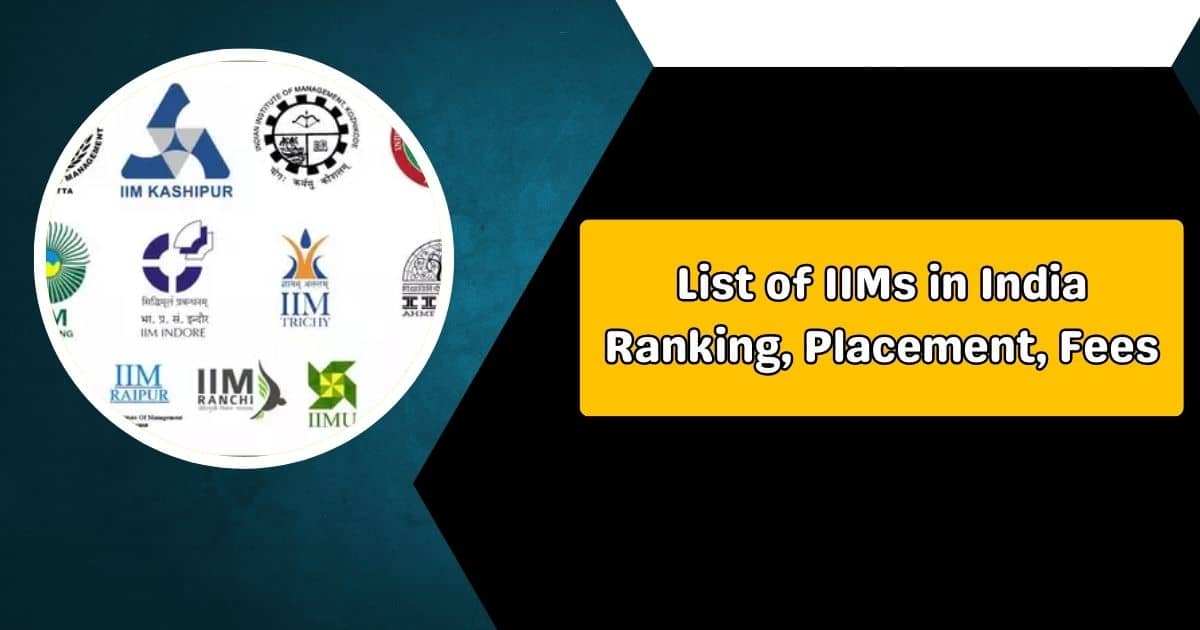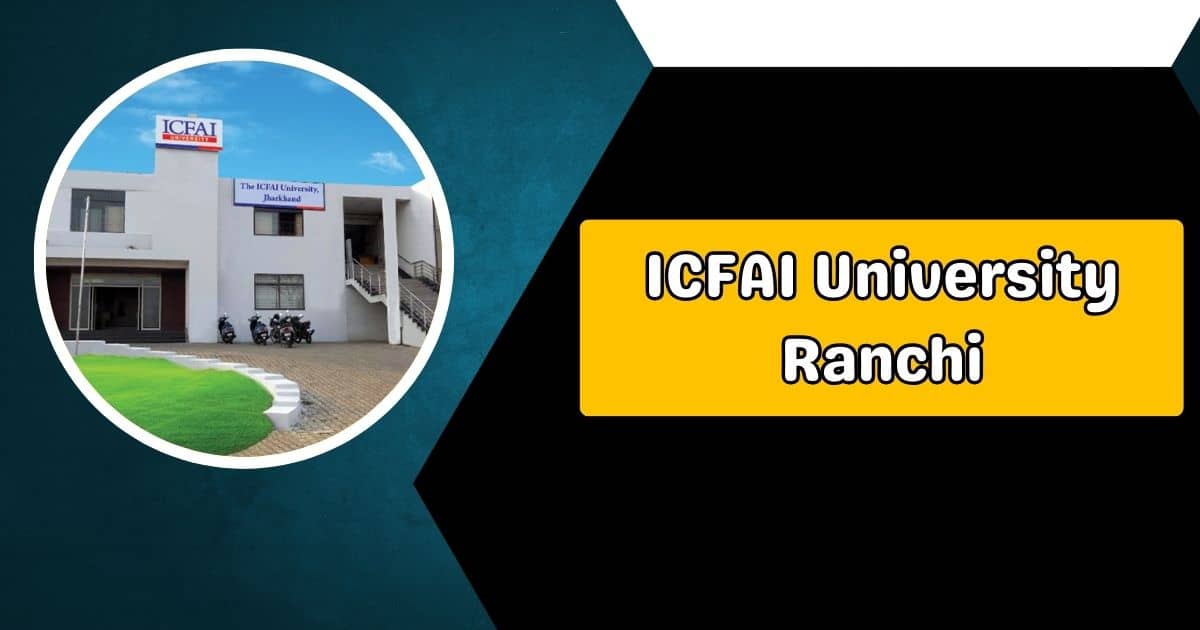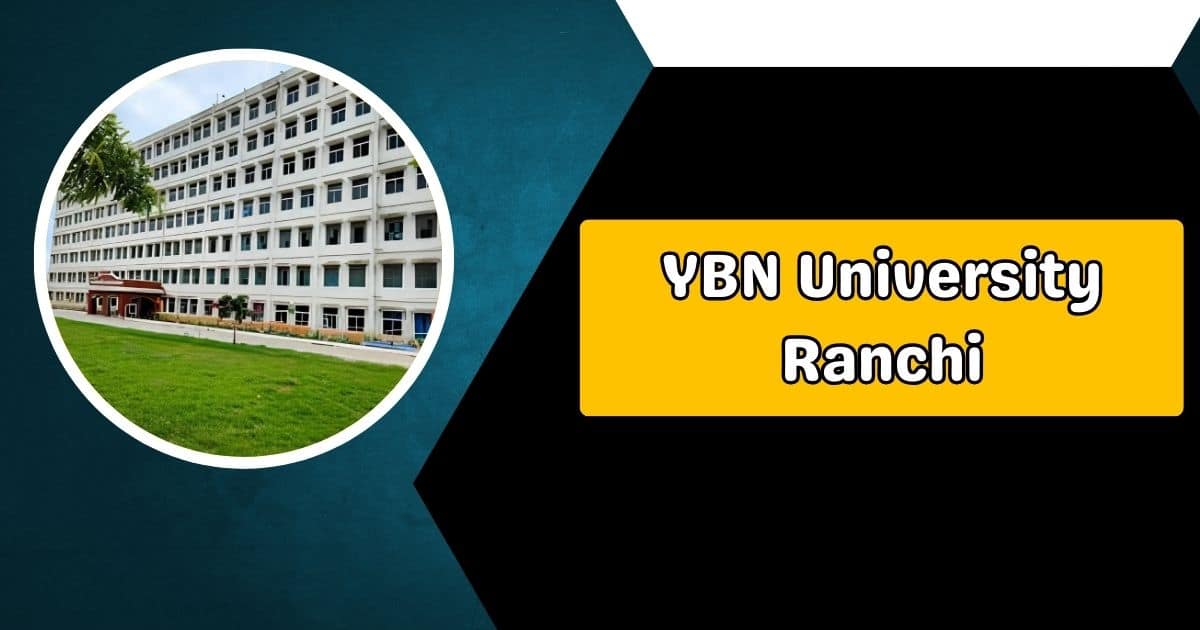
Viewed as the most extensive level in different scholastic trains, a Doctorate of Philosophy (PhD) plans to allow understudies to dig further in a particular study space. For a field like law, a doctoral certificate is appropriate for those seeking to pursue their profession as lawful researchers and educators. A PhD in Law consolidates serious coursework, followed by itemized research in the picked specialization. The program is conceived for understudies needing top-to-bottom information, and progress concentrates on the space.
Regularly offered as a 3-year degree, a PhD in Law executes a multidisciplinary approach and plans to confer understudies with the necessary hypothetical foundation and examination abilities in the previous piece of the program. At the same time, they must set up their exposition during the last part. Regularly sought after as a full-time course, this degree prepares people for a few influential positions in Judiciary, Business, Academics just, and Government.
In this article, findmecollege has given a rundown of the best colleges in India for studying PhD in law as well as the course, eligibility, and fee structure provided by such universities, down below:
- PhD law course is a doctorate-level course that lasts 3- 5 years.
- Admission Eligibility for candidates who want to pursue PhD in law is that Candidates must be qualified for a post-graduation degree or M.Phil. in Law in a similar stream with aggregates of 55% from a recognized board university.
- Admission to such a course occurs through an entrance test or is based on merit.
- The average course fees for this program are INR 20,000 to 2,50,000.
- Career opportunities acquired after completing this course are Lawyers, solicitors, jurists, Researchers, etc., with an average salary of about INR 2.5- 12 lakh per annum.
Let us discuss these key points in detail and learn more about the structure of the course of PhD law:

PHD LAW ADMISSION PROCESS:
Direct Admission-
- Competitors who will get affirmation in this stream can apply to PhD in Legal Studies universities through disconnected and online methods.
- You can either arrive at the authority site of the establishment or at this progression affirmation office of the foundation to fill out the confirmation application structure.
- Fill in the application structure required and transfer every one of the essential reports that are asked in the structure.
- After fulfillment of the interaction of utilization, go for advising adjustment and go to the individual meeting round to get your ideal school.
Selection test Based Admission-
- Probably the main tests directed in such a manner incorporate AILET – All India Law Entrance Test, JMI Law Entrance Exam, CLAT – Common Law Admission Test, NET – National Eligibility Test, DET – Doctorate Entrance Test, PET – PhD Passage Test, and so on.
- Candidates will apply for the program either disconnected or online by visiting the authority site of the individual resources. All the vital information bearing on the date for confirmation, entrance investigation, and diversity will be provided through email or recorded on the authority site.
- The aggregate imprints inside the passing correspondence, individual meetings/gatherings, and passageway investigation are determined to see the benefit shared by the particular school that depends on conflict for different resources.
COURSE STRUCTURE:
The educational program and schedule of a PhD in Law can fluctuate according to the specialization of the scholarly establishment. However, to furnish you with an overall outline, the accompanying passages depict the construction of this doctoral certification as follows for a 3-year program.
In the first year of a PhD in Law, understudies will zero in on the coursework of their specializations with their forthcoming Advisory Committees. Alongside this, it’s anything but a course regarding lawful grants and procedures. With this, the degree likewise fuses sanctioned workshops of lawful grants in the principal semester of the year. In the subsequent semester, understudies must introduce a report on something similar.
You will work with the personnel paper advisory group in the subsequent year. Understudies must introduce the exposition in a composition of nearly a book’s length or three articles that can be distributed, subsequently establishing the portfolio.
Thereafter, the councils will give their perspectives on one’s paper plan and give their seal of endorsement if they enjoyed the theme.
Aside from this serious examination work of PhD in Law, understudies should necessarily partake in showing exercises where they can fill in as showing aides, co-instructing with the workforce, and so on.
In the third year, understudies can either proceed with instruction as a law educator or go on with ad-lobbing their exposition.
By and large, one can commit themselves to their exploration projects while seeking after educating, and at the finish of the third year, they will be needed to present their thesis. The length expansion can likewise happen contingent on a case-to-case premise.
While studying PhD in law, candidates acquire knowledge in subjects such as Human Rights Law, International Law, Public Law, Business Law, Civil Rights Law, Law & Courts, Research Methodology, etc.
PHD LAW ELIGIBILITY CRITERIA:
Applicants will have a postgraduate certificate in Law from a perceived college or the up-and-comers getting marks at least half of the same. The-and-comers who show up in definite year tests are additionally qualified to apply; however, before the fruition of the affirmation strategy, the first imprint sheet of the qualifying assessment is accessible with the possibility to satisfy the qualification rules.
Upcomers have qualified Master’s certificate or MPhil. In lawful investigations or law in the significant field with a base total of 55% from a perceived board college.
Applicants should pass the selection tests directed by different organizations and colleges.
Some famous universities will lead the gathering conversation and individual meetings at the hour of affirmation.
Upcomers ought to have a base encounter of five years as experts gifted in the organization, education, industry, and proficiency at the senior level.
TOP COLLEGES THAT OFFER THIS COURSE IN INDIA ARE:
- NALSAR, HYDERABAD– The average course fee for pursuing this course from this university is INR 2,10,000.
- IIT, KHRAGPUR– The average course fee for this university is INR 80,000.
- NLU, JODHPUR– The average course fee for this university is INR 1,10,000.
- NUJS, KOLKATA– The average course fee for this university is INR 65,000.
- GNLU, GANDHINAGAR– The average course fee for this university is INR 1,40,000.
After effectively fulfilling a Ph.D. in Legal Studies program, understudies can investigate different spaces of expert life.
Applicants have a decent degree to investigate their insight and abilities, preparing and applying the devices in regions like Law associations, Businesses, Government and individual associations, Legal offices, Research and Development, Colleges and Universities, and others.
They can like to become Legal Practitioners, Legal Advisors, Consultants, researchers, jurists, case managers, lawyers, solicitors, and others.






